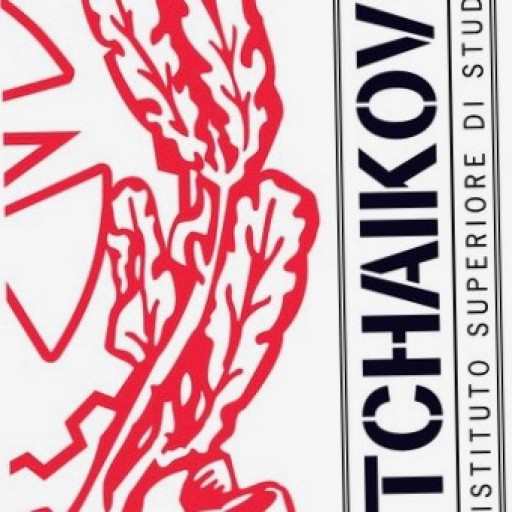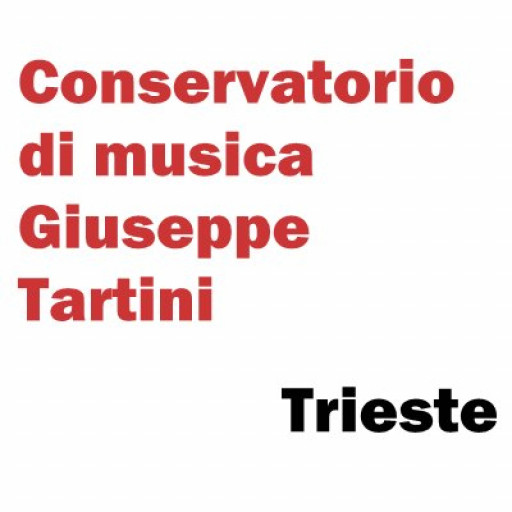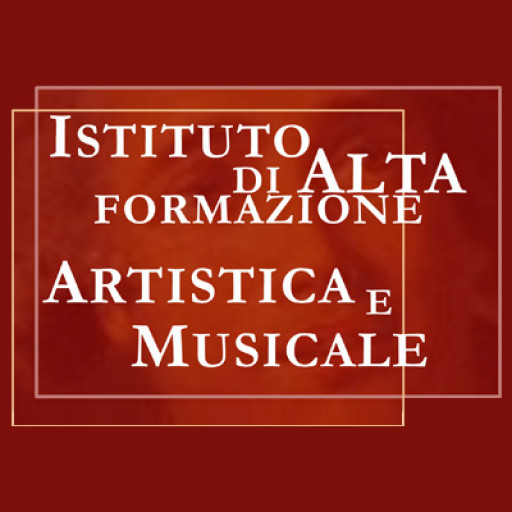Photos of university / #arizonastateuniversity
Lorem ipsum dolor sit amet, consectetur adipiscing elit. Program in Jazz Studies at Arizona State University offers students a comprehensive and immersive experience in the art of jazz performance, composition, and history. Designed for aspiring musicians, composers, and scholars, this program provides a rigorous curriculum that combines practical performance opportunities with academic coursework. Students will engage with renowned faculty who are accomplished jazz artists and educators, gaining insight into diverse styles and techniques that define the genre. The curriculum includes courses in jazz improvisation, music theory, ear training, ensemble performance, and jazz history, ensuring a well-rounded education that fosters technical proficiency and artistic creativity. State-of-the-art facilities, including professional-level recording studios and performance halls, provide an ideal environment for honing skills and showcasing talent. The program emphasizes ensemble playing, encouraging collaboration among students to develop a unique sound and interpretive style. Additionally, students will have opportunities to participate in alumni concerts, masterclasses, and jazz festivals, expanding their professional networks and exposure to industry professionals. The program also emphasizes scholarly research, allowing students to explore jazz’s cultural significance and evolution through coursework and independent projects. Career readiness is a core focus, with guidance on audition techniques, portfolio development, and concert production. Graduates of the Jazz Studies program are prepared for diverse career paths, including performing, teaching, composing, and music entrepreneurship. Arizona State University's vibrant arts community and access to local jazz scenes provide additional avenues for performance and professional growth. Whether pursuing performance careers or academic paths, students will graduate with a deep understanding of jazz's history, repertoire, and contemporary practices, equipping them to make meaningful contributions to the world of jazz and beyond.
- Milestone: School of Music students must successfully complete an entrance audition into the major before enrolling at ASU.
- Milestone: School of Music students must successfully complete the music theory diagnostic exam before enrolling in School of Music courses.
- MUP 101: The ASU School of Music Experience
- MUP 111: Studio Instruction
- MUP 117: Applied Jazz Improvisation
- MUP 479: Jazz Combo
- MUP 479: Jazz Studio Classes
- MTC 125: Basic Music Theory
- MUP 131: Class Piano
- ENG 101 or ENG 102: First-Year Composition OR
- ENG 105: Advanced First-Year Composition OR
- ENG 107 or ENG 108: First-Year Composition
- Mathematics (MA)
- MUP 111: Studio Instruction
- MUP 117: Applied Jazz Improvisation
- MUP 479: Jazz Combo
- MUP 479: Jazz Studio Classes
- MHL 140: Music as Culture (HU & G)
- MTC 221: Music Theory: 18th Century
- MTC 440: Jazz Theory and Ear Training
- MUP 132: Class Piano
- Natural Science - Quantitative (SQ)
- Complete MTC 125 AND MUP 131.
- Natural Science - Quantitative (SQ) OR
- Natural Science - General (SG)
- Social-Behavioral Sciences (SB) AND Historical Awareness (H)
- MHL 341: Music History I (HU)
- MUP 311: Studio Instruction
- MUP 317: Applied Jazz Improvisation
- MTC 315: Modern Arranging I
- MUP 479: Jazz Combo
- MHL OR MTC OR MUP OR MUE OR MDC Elective
- Computer/Statistics/Quantitative Applications (CS) OR
- MHL 201: Media Literacy for Musicians (CS)
- MHL 342: Music History II (HU)
- MUP 311: Studio Instruction
- MUP 317: Applied Jazz Improvisation
- MUP 495: Performance
- MTC 316: Modern Arranging II
- MUP 319: Advanced Audio Engineering in the Arts
- MUP 479: Jazz Combo
- Literacy and Critical Inquiry (L)
- MUP 486: Jazz Band
- Upper Division ( MHL 439 OR MHL 440 recommended) MHL course (L)
- MTC 441: Jazz Composition
- References: Name, title institution/company information, email address, and phone number for each of the three individuals submitting recommendation letters in support of your application. Each recommender will receive an auto–email with submission instructions.
- Essay(s) PDF: A 300-500 word essay describing your educational background, objectives and future career plans. Composition applicants should prepare an additional essay describing previous experience as a composer or arranger and the types of music (e.g., choral, jazz) composed.
- Repertoire List PDF: Titles and composers of pieces studied intensively and considered part of your solo repertoire, including technical studies.
- Artistic Resume PDF: Voice performance and Music Theatre performance applicants are required to submit a resume showing evidence of a minimum of one year of private instruction in voice and extensive performance experience. Artistic resumes for applicants to all other areas are optional.
- Composition Prescreening Portfolio (composition only)
- Recorded Audition (optional)
- English Proficiency (if applicable): English Proficiency will appear under Priority Tasks on My ASU until proof of English proficiency has been processed by ASU Undergraduate Admissions. Check My ASU often to track the status of your proof of English proficiency. Proof of English Proficiency is required before you may schedule an audition.
Important: Applicants must submit an ASU application for undergraduate admission in addition to a separate School of Music application. Visit https://music.asu.edu/admissions/undergraduate-steps-to-apply for details. Admission to the School of Music is based on an audition. Live auditions take place on campus in November (spring admission), and January and February (fall admission) of each year. Review audition information at http://music.asu.edu/admissions/undergraduate-auditions.
Admission to the School of Music is highly selective and based on an audition process. Students are admitted as music audition students and must successfully complete the audition before enrolling in music major courses. Upon admission to both ASU and the School of Music, the applicant's major will be changed to music. In the event you are admitted to ASU but not to the School of Music or you miss the audition deadline, you will remain as a music audition major and will need to successfully pass the music audition milestone in the first semester in order to gain admission into the program.
Scholarships
ASU offers a limited number of merit-based scholarships for highly qualified international freshman students who are non-immigrant, nonresident and degree seeking.
The Bachelor of Arts in Jazz Studies at Arizona State University offers students a comprehensive education in jazz performance, theory, history, and improvisation. The program is designed to prepare students for professional careers as jazz musicians, educators, and scholars. Students have access to state-of-the-art facilities, including dedicated jazz rehearsal and performance spaces, and benefit from the expertise of a diverse faculty with extensive professional experience. The curriculum includes coursework in jazz history, music theory, ear training, ensemble performance, composition, and music technology, providing a well-rounded foundation in both practical skills and academic knowledge. Students have opportunities to participate in various ensembles, such as jazz bands, combos, and improvisation groups, which perform regularly on campus and at local venues, building their performance experience and professional networks. The program emphasizes active participation, encouraging students to develop their unique voice while mastering traditional and contemporary jazz styles. ASU's location in the vibrant Phoenix metropolitan area offers students access to a thriving music scene, numerous performance opportunities, and connections with industry professionals. The jazz program also promotes participation in workshops, masterclasses, and collaborations with visiting artists, enriching students' learning experiences. Graduates of the program often pursue careers as performers, recording artists, educators, and composers, and many find opportunities in the diverse music industry sectors. The university supports student success through personalized advising, career development services, and performance opportunities. Overall, ASU's Jazz Studies program combines rigorous academic training with practical experience and industry engagement, preparing students for successful careers in the dynamic field of jazz music.










